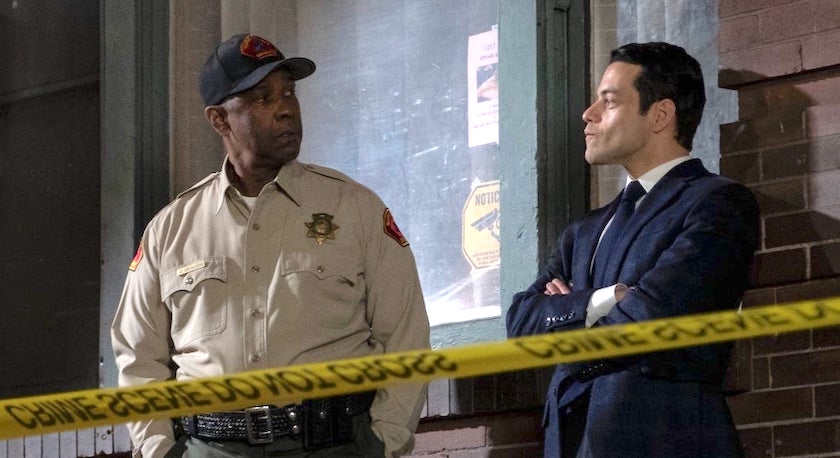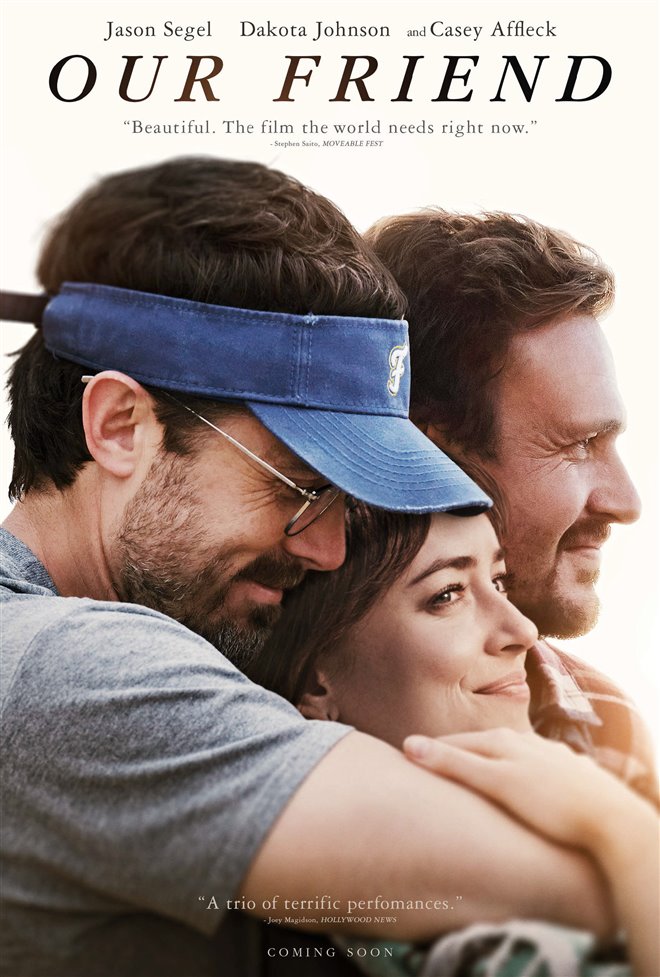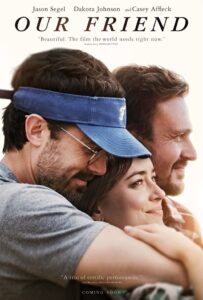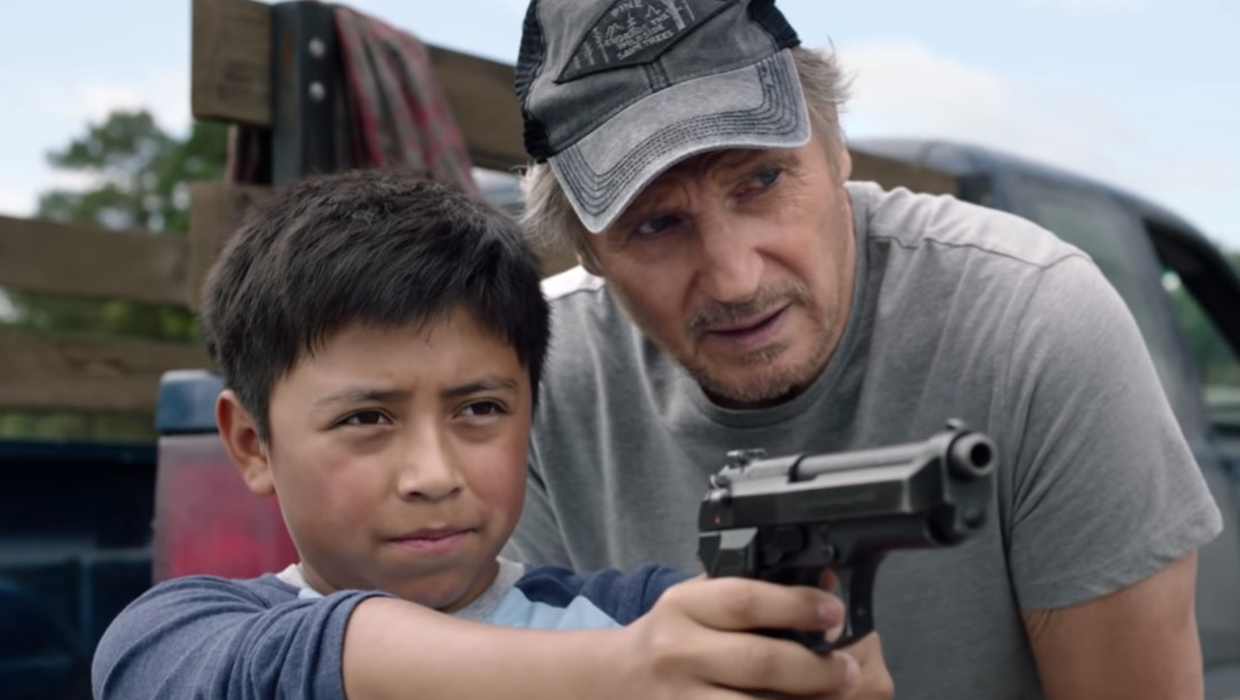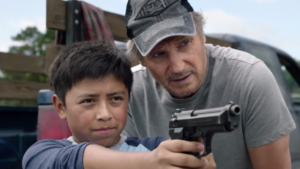Supernova
Posted on January 28, 2021 at 5:49 pm
B +| Lowest Recommended Age: | Mature High Schooler |
| MPAA Rating: | Rated R for language |
| Profanity: | Very strong language |
| Alcohol/ Drugs: | Social drinkiing |
| Violence/ Scariness: | Illness, dementia, discussion of suicide |
| Diversity Issues: | None |
| Date Released to Theaters: | January 29, 2021 |

Firth plays Sam, classical pianist, and Tucci is Tusker, a successful novelist. Asleep, they tenderly embrace. Awake, they amiably bicker and banter as they embark on a road trip in a well-traveled camper.
Sam is clearly the more serious of the two, with Tusker more sardonic and a bit of a tease. Writer/director Harry Macqueen understands the rhythms, stresses, and enduring pleasures of a long-term relationship. And Firth beautifully portrays the way Sam worries, worries about revealing that he is worrying, all the time relishing his time with Tusker all the more because he knows there will be less of Tusker every day.
The trip itself is about memory as they visit places and people that have meant the most to them. And as we understand better the strain they are under, their connections and conversations take on deeper meanings. Looking out at a magnificent view that many couples have found romantic Tusker asks what wish Sam would make. Sam says something many couple have said in that same spot. He wishes this vacation could go on forever. But what he means is that he wants to freeze this moment. Tusker, even impaired, knows Sam well enough to respond to the subtext: “So can you tell that it’s gotten worse?”
The trip takes them backwards and forward. They relive some of their past, through recollection, stops at meaningful locations, and encounters with people who have been important to them for a long time. And then obliquely and then more explicitly they look ahead as they consider their options and priorities. Tusker will become more dependent but, most terrifying for both of them, he will become less himself.
How much deference do you give to someone you love deeply when his judgement may be severely diminished? How much deference do you give to someone you love when he wants to care for you — and you don’t want to be cared for, you want both of you to be spared what will inevitably be (literally) horrible?
Macqueen has a light touch with the bigger picture hinted at in the movie’s title. His palpable sympathy for both men and for the complexity of the decisions they are making and the subtle, sympathetic performances from Firth and Tucci make this film a quiet gem, true to the characters and their love story.
Parents should know that the themes of this movie including memory loss and suicide and characters use very strong language.
Family discussion: Do you agree with Tuskar’s decision? How should Sam respond?
If you like this, try: “Still Mine,” “Away From Her,” “The Leisure Seeker,” “Blackbird,” and “I Remember Better When I Paint”


